Description
Dhanwantharam Gulika, named after ‘Lord Dhanwantari’ is a proven elixir for all kinds of derangements of ‘Prana Vayu’ or the entity that regulates the smooth functioning of the gut and all the vital organs related to it.
Dhanwantharam Gulika, a traditional Ayurvedic recipe in pill form widely used in a broad range of diseases, primarily due to Vata dosha imbalance. Clinically established efficacy.
Features and benefits of Dhanwantharam Gulika-
- Dhanwantharam Gulika facilitates the smooth movement and conduct of ‘Prana Vayu’.
- Prana Vayu is the entity that regulates the functioning of the gastro-intestinal tract primarily and thereby has a major influence on all the body systems.
- It is used along with water boiled with dry roasted Jeeraka or cumin, it is a simple yet effective remedy for abdominal gas, associated pain in the chest region, sour belchings, heart burn, hiccups and excessive sounds in the stomach.
- It is beneficial for Kapha (phlegm) disorders in the chest region, breathing difficulties, chest congestion and bronchial spasms.
- Dhanwantharam Gulika balances Vata and Kapha at the level of the chest and gut.
- It is also used for the management of abdominal gas and heart burn in pregnancy and post-natal care.
- It improves heart health and blood circulation.
Adult: 1-2 Pills of Dhanwantharam Gulika twice daily on an empty stomach, or as advised by the physician.
Child: 1/2 – 1 Pill of Dhanwantharam Gulika once or twice daily on an empty stomach or as advised by the physician.
Key Ingredients:
ELA (Elettaria cardomum)
It is commonly used as Elaichi. It has very good antibacterial and antifungal properties. It helps in reducing inflammation. Cardamon is often given the epithet ‘Queen of Spices’ as it is used to flavor food in many countries. In addition, the herb has several health benefits. The German Commission E has indicated the use of Cardamom in dyspepsia and as a cholagogue, which promotes bile discharge from the system. The herb is also helpful in treating gum and teeth infections, throat congestion and kidney disorders.
SHUNTI (Zingiber officinalae)
Due to its strong flavor, Ginger is an essential ingredient in many Asian cuisines. Its therapeutic benefits have been recorded in Ayurvedic and Traditional Chinese Medicine. Ginger is a potent anti-nauseatic and is beneficial in treating upset stomach. Gingerol and shogaol, active components of Ginger, suppress gastric contractions. Both the fresh and dried rhizomes of Ginger suppress gastric secretion and reduce vomiting. The compounds 6-gingerol and 6-shogaol have a number of pharmacological properties, including antipyretic, analgesic, antitussive and hypotensive properties.
HAREETHAKI (Terminalia chebula)
Popularly known as the Indian walnut for its innumerable benefits or Indian Hog plum in English, it is extremely valuable for its role in improving hair health. It is useful for treating scalp infections like dandruff, itching and hair fall. It also strengthens them from the roots, prevents breakage and loss of hair and bestows silky soft smooth hair. Chebulic Myrobalan is one of the three key ingredients in Triphala, a natural compound that provides overall support for digestive function and helps ensure that the digestive tract works at optimal levels. The Ayurvedic Pharmacopoeia of India has documented the use of the powdered herb in intermittent fevers and chronic fevers, anemia and polyuria. Chebulic Myrobalan can also be used to treat gastrointestinal and respiratory disorders.
BRIHATI (Solanum indicum)
The use of Brihati in this oil helps reduce Vata disorders. It treats different types of skin infections and nourishes and rejuvenates the skin.
CHAVYA (Piper chaba)
It is useful in treating indigestion, abdominal colic, worm infestation, poisoning, anorexia, productive cough, asthma, bronchitis, fever, diarrhea, IBS, hemorrhoids, piles, fistula, chronic respiratory disorders, throat disorders and rheumatic conditions.
BHUNIMBA (Andrographis paniculata)
With its antibacterial and hepatoprotective property, effective in jaundice and liver related diseases. Also used for the treatment of snake bite, bug bite, diabetes, dysentery, fever, and malaria. It is considered to be one of the most bitter plants used in traditional healthcare. Due to its bitter qualities, it is referred to as Hempedu Bumi, which means ‘Bile of the Earth’. Native to India and Sri Lanka, some cultures call the herb Mahatita, which literally translates to ‘King of Bitters’.
DEVADARU (Cedrus deodara)
It is also known as Himalayan Cedar. It is very effective in neurological disorders, asthma, pruritus, infested wound. Devadaru is also effective in arthritis and headache. Deodar oil contains two major sesquiterpenoids a – and ß- himachalenes. Deodardione are also isolated from the essential oil. The oil shows invitro antibacterial, antifungal and anti-inflammatory activity.
KARPOORA (Cinnamomum Camphora)
It is also known as Camphor, it acts as a counter irritant and is therefore used topically to relieve pain and swelling. It causes numbness of sensory nerve endings of skin, thereby relieving pain and inflammation, and preventing skin redness. It helps to cure swelling of various body parts so give relief to joint pain.


 Sign In
Sign In Cart
Cart 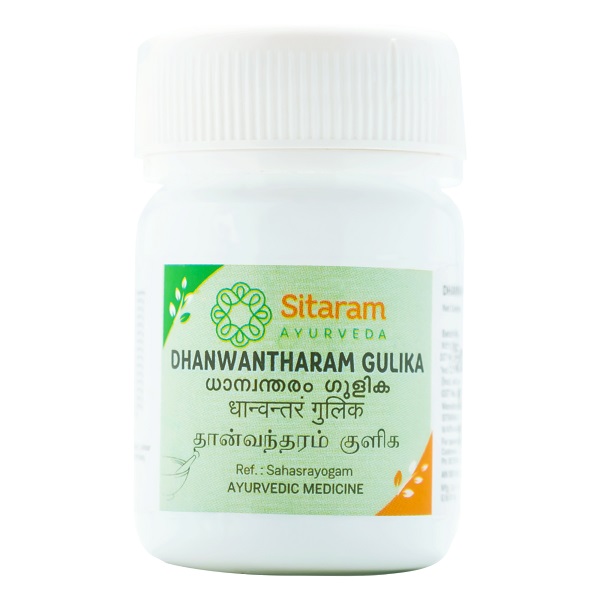
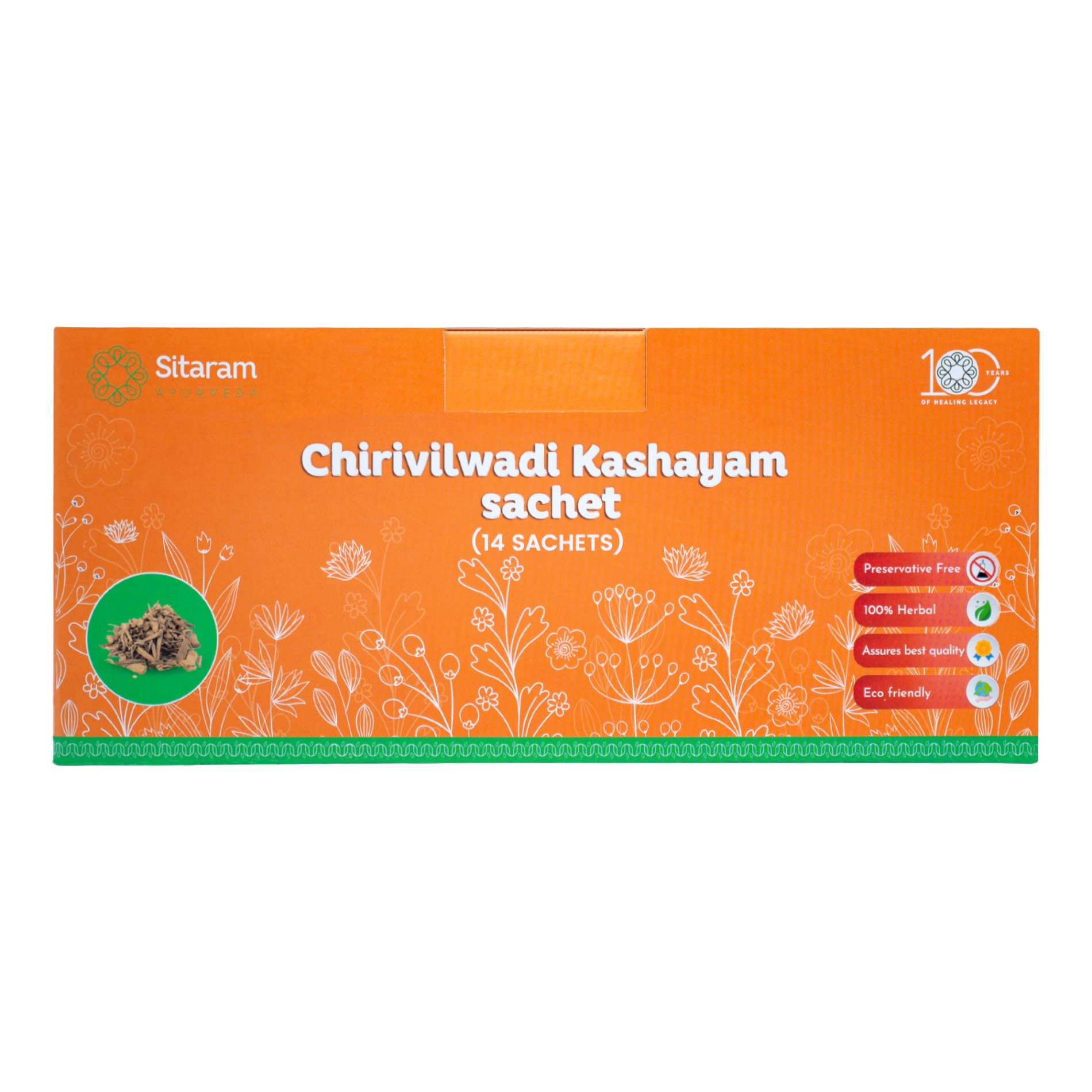
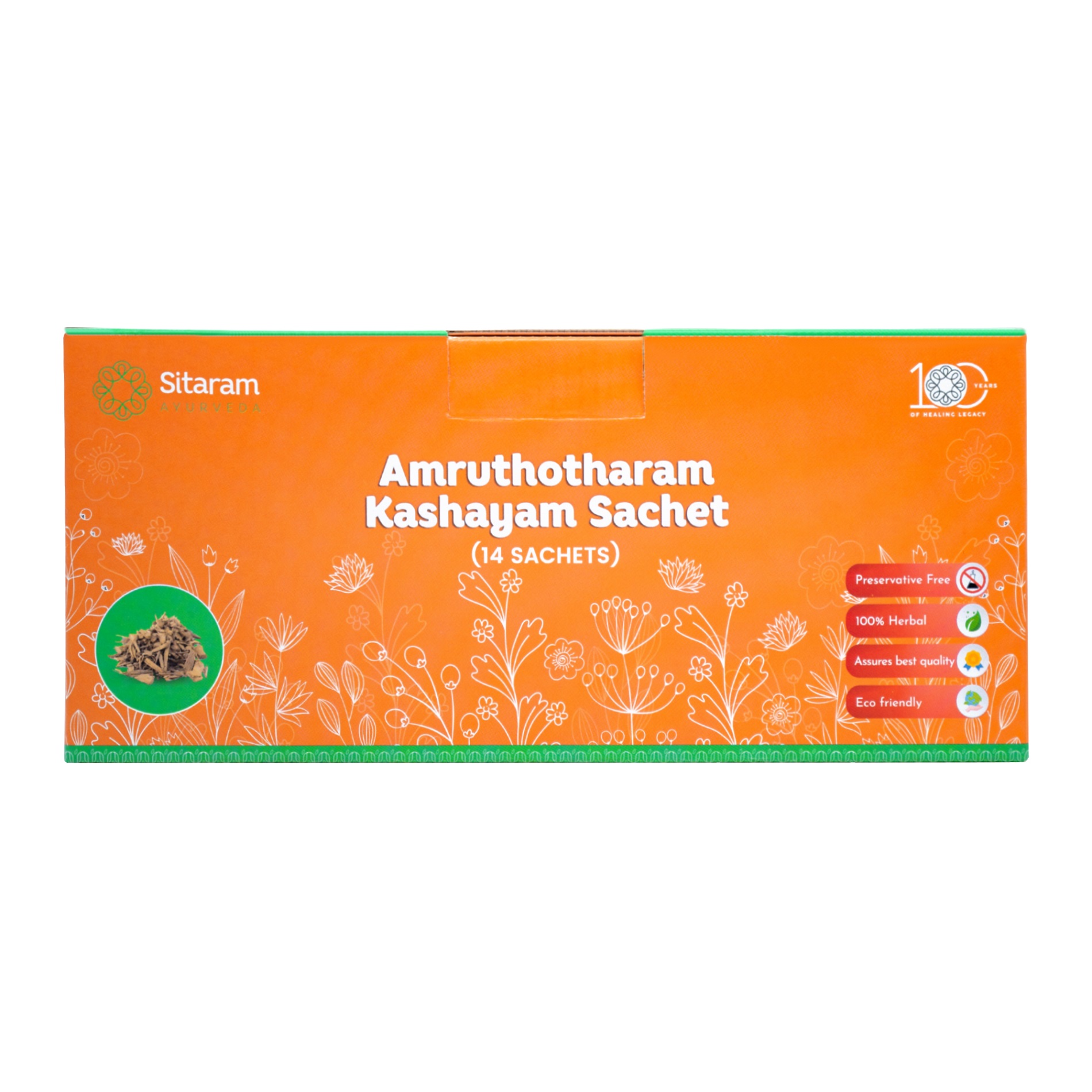
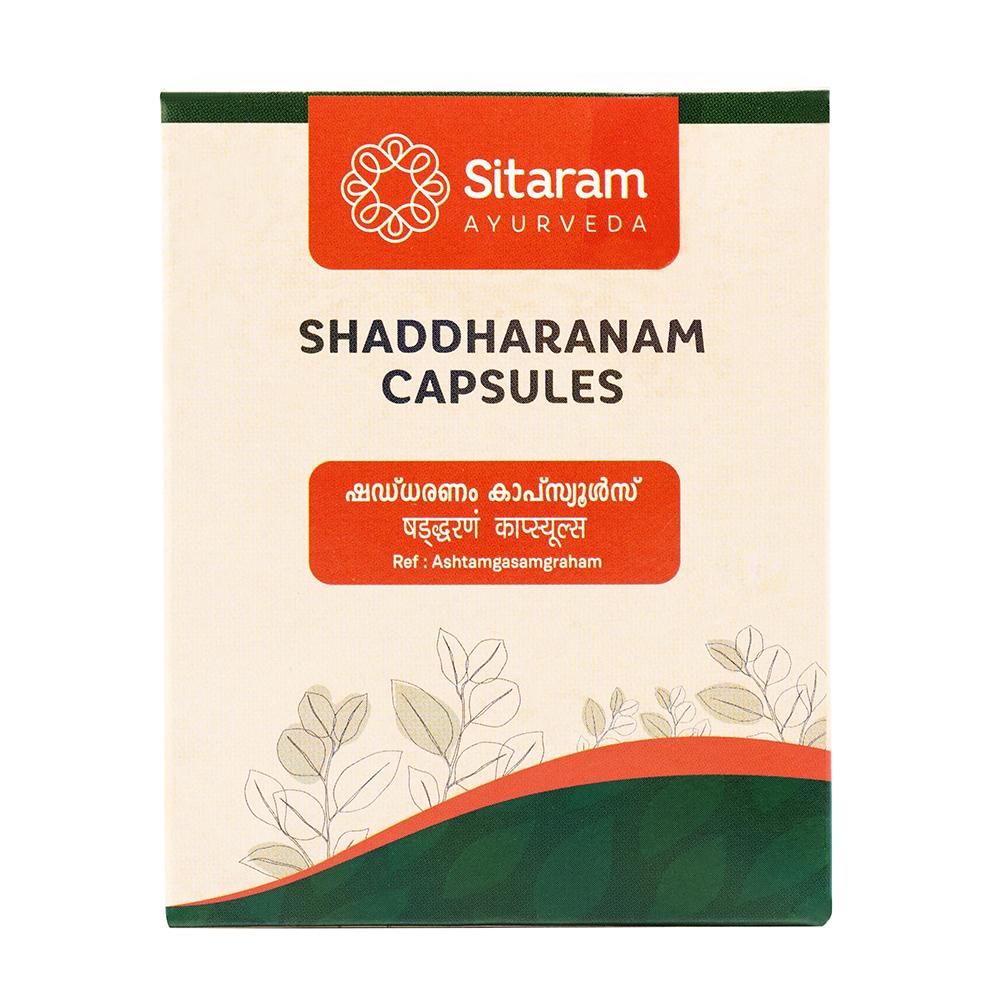
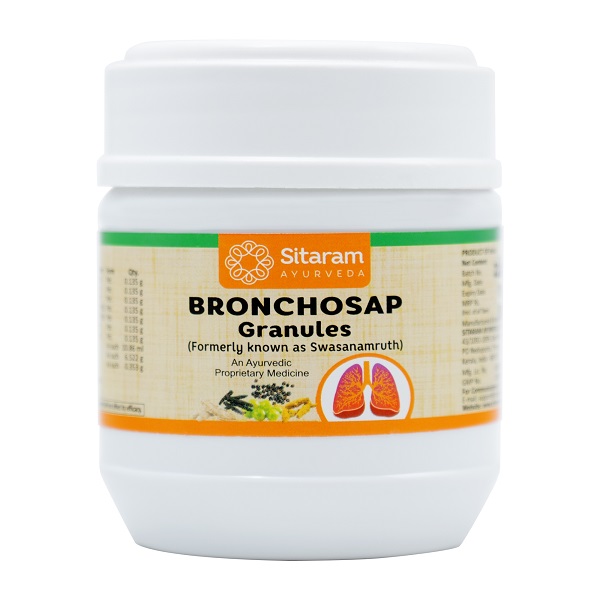
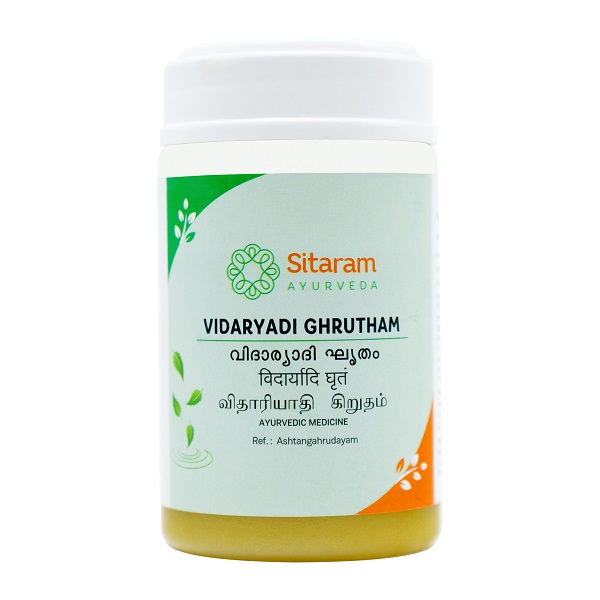
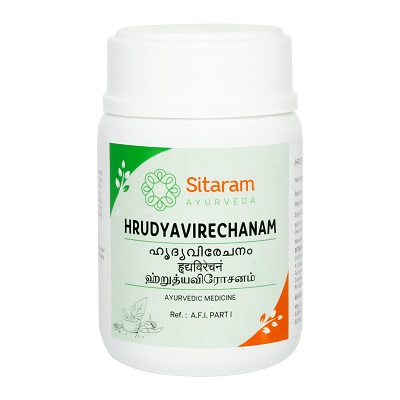
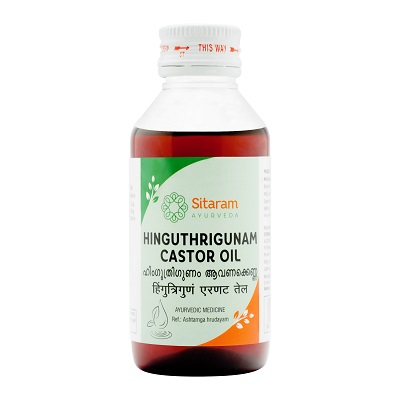
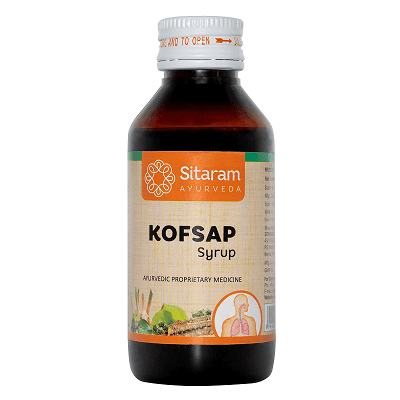
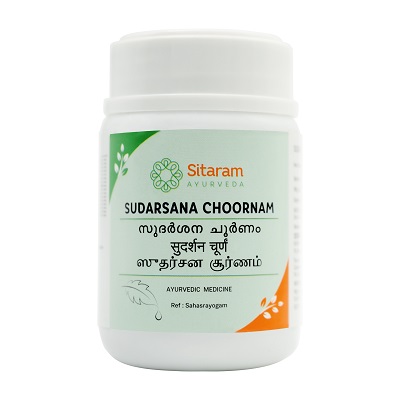
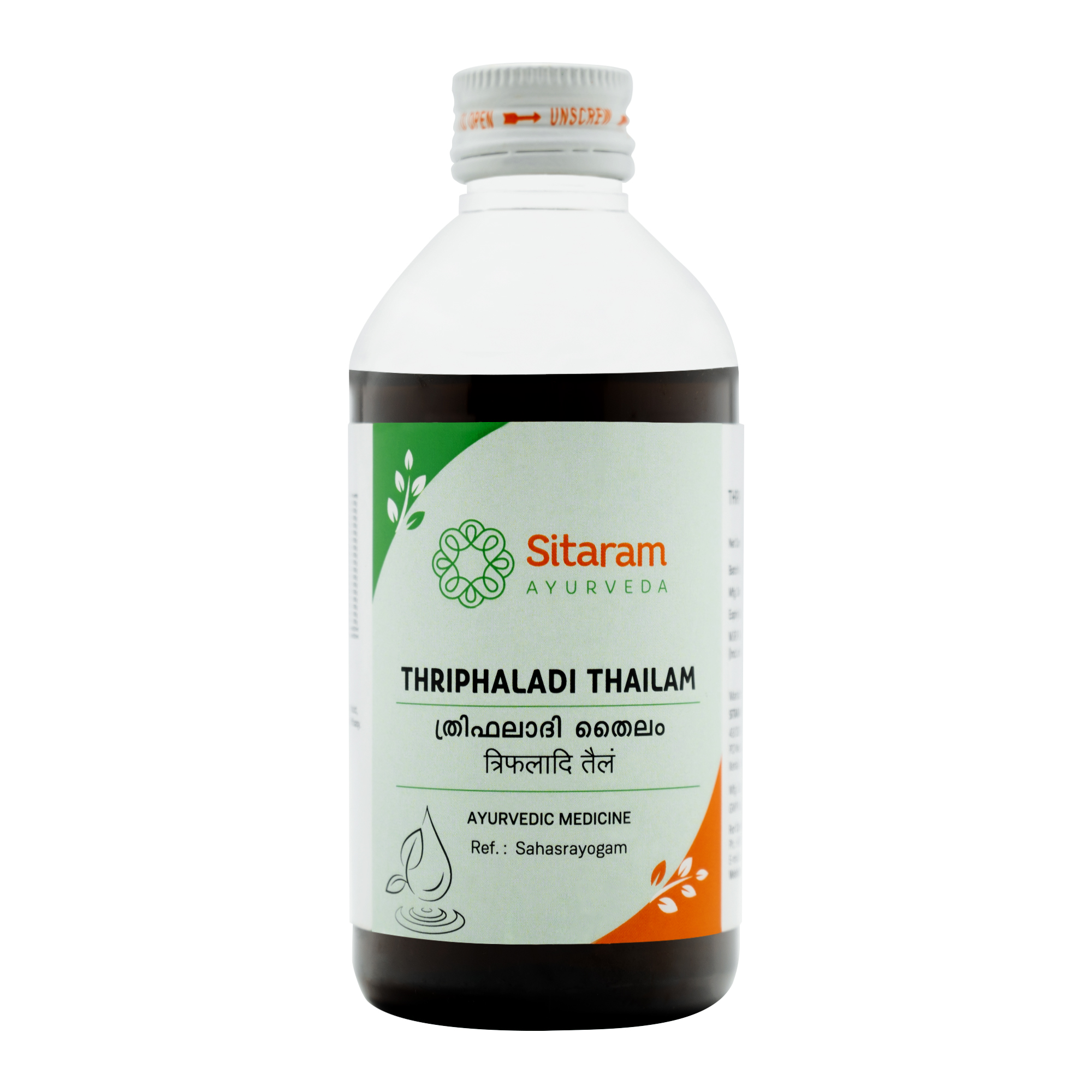
DR V K BHARTIA (verified owner) –
Jagadeesan Kasi Viswanathan (verified owner) –
Santhosh P (verified owner) –